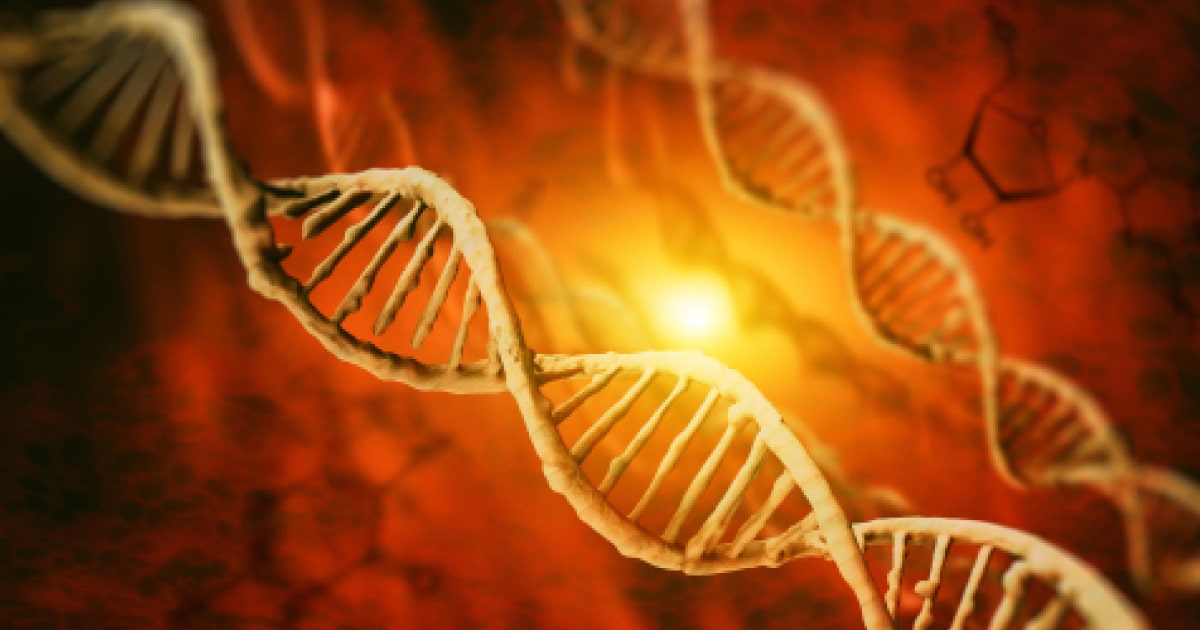
Expert Reviewed By: Dr. Brandon Colby MD
Björnstad syndrome is a rare genetic disorder characterized by sensorineural hearing loss and twisted hair shafts (known as pili torti). The condition is often linked to mitochondrial complex III deficiency, a potentially life-threatening metabolic disorder that affects the generation of energy in cells. In recent years, advancements in genetic testing have shed light on the diagnosis, understanding, and management of these conditions. This article delves into the world of genetic mutations, complex III deficiency, and Björnstad syndrome, exploring the role of genetic testing in unraveling the mysteries of these disorders.
Understanding Björnstad Syndrome and Mitochondrial Complex III Deficiency
Björnstad syndrome and mitochondrial complex III deficiency are caused by mutations in the BCS1L gene. The BCS1L gene is responsible for creating a protein that plays a crucial role in the assembly of complex III, a component of the mitochondrial respiratory chain. Mutations in the BCS1L gene lead to the impairment of complex III, which in turn disrupts the production of cellular energy, causing a range of clinical manifestations4.
Individuals with Björnstad syndrome typically experience hearing loss and hair abnormalities, while those with mitochondrial complex III deficiency may exhibit a wide range of symptoms, including low birth weight, proximal tubulopathy, hepatopathy, and progressive neurological symptoms2. In some cases, patients may present with both Björnstad syndrome and mild mitochondrial complex III deficiency, as reported in a study from China1.
The Power of Genetic Testing in Diagnosing and Understanding These Disorders
Genetic testing has emerged as a powerful tool in the diagnosis and understanding of Björnstad syndrome and mitochondrial complex III deficiency. By analyzing an individual's DNA, healthcare providers can identify mutations in the BCS1L gene, which can confirm a diagnosis and help guide treatment strategies.
Identifying BCS1L Mutations and Their Clinical Significance
Several studies have identified various mutations in the BCS1L gene associated with Björnstad syndrome and mitochondrial complex III deficiency. For example, a study from Saudi Arabia reported a novel phenotype in nine patients with lactic acidosis caused by a BCS1L mutation, including variable neuropsychiatric manifestations and cortical visual dysfunction3. By detecting these mutations through genetic testing, healthcare providers can better understand the clinical implications of each mutation and tailor treatment plans accordingly.
Genetic Testing for Early Diagnosis and Intervention
Early diagnosis of Björnstad syndrome and mitochondrial complex III deficiency is crucial for initiating appropriate interventions and improving patient outcomes. Genetic testing allows for the early detection of BCS1L mutations, even before the onset of symptoms. This enables healthcare providers to implement preventive measures and closely monitor individuals at risk for developing these conditions.
Carrier Testing and Family Planning
As Björnstad syndrome and mitochondrial complex III deficiency are inherited in an autosomal recessive manner, genetic testing can be valuable for identifying carriers of BCS1L mutations. Couples who are planning to have children can undergo carrier testing to determine their risk of passing these conditions onto their offspring. This information can be helpful in making informed decisions about family planning and prenatal testing.
Embracing the Future of Genetic Testing for Björnstad Syndrome and Mitochondrial Complex III Deficiency
Genetic testing has revolutionized the way we understand, diagnose, and manage Björnstad syndrome and mitochondrial complex III deficiency. By identifying BCS1L mutations, healthcare providers can gain valuable insights into the clinical manifestations of these disorders, enabling them to provide personalized care for affected individuals. As our knowledge of the genetic underpinnings of these conditions continues to expand, we can look forward to further advancements in genetic testing that will improve patient outcomes and enhance our understanding of these rare and complex disorders.
About The Expert Reviewer
Dr. Brandon Colby MD is a US physician specializing in the personalized prevention of disease through the use of genomic technologies. He’s an expert in genetic testing, genetic analysis, and precision medicine. Dr. Colby is also the Founder of and the author of Outsmart Your Genes.
Dr. Colby holds an MD from the Mount Sinai School of Medicine, an MBA from Stanford University’s Graduate School of Business, and a degree in Genetics with Honors from the University of Michigan. He is an Affiliate Specialist of the American College of Medical Genetics and Genomics (ACMG), an Associate of the American College of Preventive Medicine (ACPM), and a member of the National Society of Genetic Counselors (NSGC)